Restoring Our Relationship With God
How can a single event be one of both shame and triumph? To the watching world, the long-awaited Messiah suffered a bewildering, unjust death at the hands of a pagan occupying force. Even Jesus’ closest followers abandoned hope. Crucifixion and the grave seemed final.
Days earlier, as he neared Jerusalem, Jesus walked full stride ahead of his fearful disciples. (Mark 10:32) He alone knew what lay ahead, not only his physical death, but that he would soon bear the crushing weight of mankind’s sin. So, he made this final appeal to his heavenly Father: “All things are possible for you. Take this cup away from me. Nevertheless, not what I will, but what you will.” (Mark 14:36)
Jesus died his agonizing death more quickly than the criminals either side of him. Sundown and the beginning of the Sabbath were imminent. Embalming and burial in a borrowed grave must happen immediately. Once completed, the body was laid to rest, the grave sealed and a Roman guard posted. Early on the third day, a small group of tearful women approached the gravesite to anoint Jesus’ body. To them came the astonishing news that Jesus was not there, that his body had not been stolen, but that he had risen!
Early followers would soon recall words spoken by John the Baptist. “Look, the Lamb of God, who takes away the sin of the world!” Only then would they grasp that Jesus’ death fulfilled the long-standing pattern, commanded by God, of offering unblemished lambs as a sacrifice for the sins of the people. Now, Jesus had become that unblemished lamb.
“All things are possible for you. Take this cup away from me. Nevertheless, not what I will, but what you will.”
(Mark 14:36)
Jesus had risen and was alive! Not just spiritually, but physically. The first Easter! In the next days he appeared to his disciples and others: “He also presented himself alive to them by many convincing proofs, appearing to them over a period of forty days and speaking about the kingdom of God.” (Acts 1:3)
N.T. Wright, in The Challenge of Jesus, observes: “The question of Jesus’ resurrection lies at the heart of the Christian faith. It is woven into the very structure of Christian life and thought…informing the future hope both for humans and for the cosmos.” (p. 126)
For Apostle Paul, the death, burial and resurrection were integral to God’s grand design: “In him, we have redemption, the forgiveness of sins.” (Colossians 1:14) This is the foundation for our salvation, the fulfillment of God’s plan set in motion at the time of mankind’s tragic fall. God and man reconciled. The pathway back to the Father restored.
“In him, we have redemption, the forgiveness of sins.”
(Colossians 1:14)
Dive Deeper
Why Does Jesus's Resurrection Matter?
Four Proofs That Jesus Was Resurrected
Subscribe to Email Series
Follow the full series by subscribing to the email updates.

